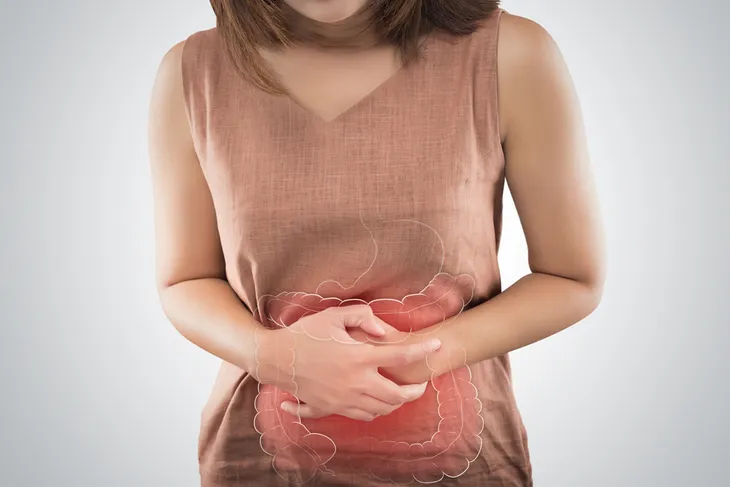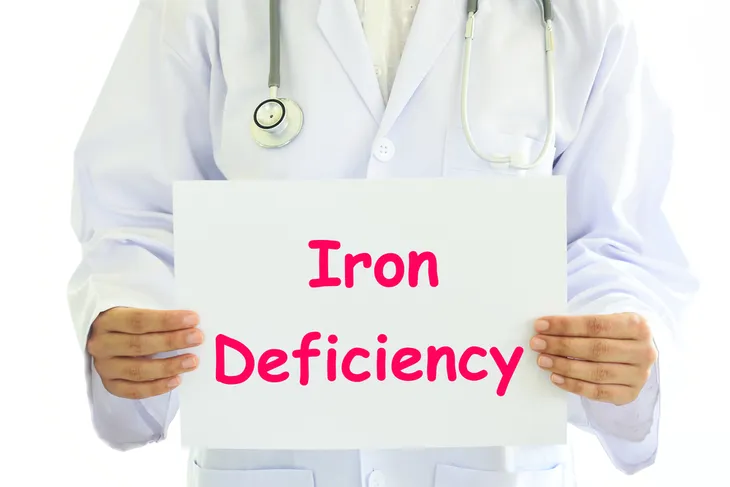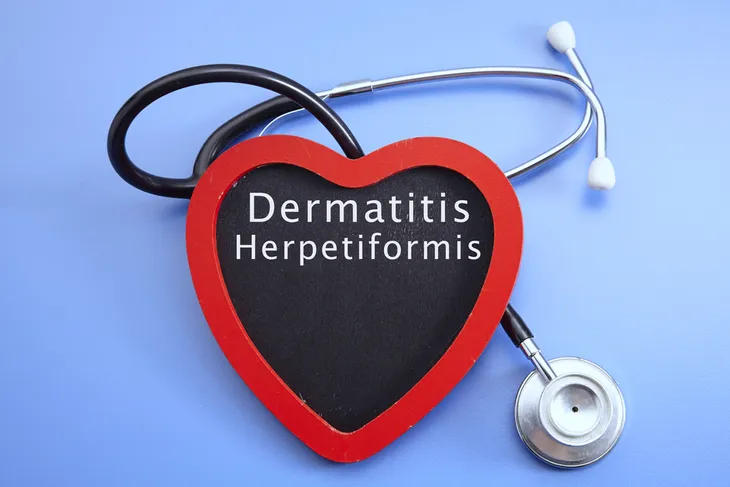Did you know that gluten intolerance is a fairly common problem? In fact, about 18-million Americans have gluten sensitivity. Gluten intolerance is defined by adverse reactions to gluten which is a protein found mostly in wheat, barley, and rye. The most severe form of gluten intolerance is celiac disease which affects about 1-percent of the population.
Both gluten intolerance and celiac disease can cause a variety of symptoms from digestive problems like gassiness and abdominal pain to more obscure symptoms that have nothing to do with digestion. Follow along as we explore some of the most common signs and symptoms of gluten intolerance!
Bloating and Abdominal Pain
Bloating can be caused by many different things, but it’s also one of the most common symptoms of gluten intolerance. Bloating can feel like your belly is swollen or full of gas after you eat. It can leave you feeling uncomfortable and miserable.
Along with bloating, abdominal pain is another common symptom of gluten intolerance. Healthline explains, “Up to 83% of those with gluten intolerance experience abdominal pain and discomfort after eating gluten.”
Fatigue
Feeling tired from time to time is completely normal and isn’t generally linked to one specific disease. That said, if you are consistently feeling tired, there may be an underlying cause to your fatigue.
People who are intolerant to gluten often feel tired and fatigued after eating foods that contain gluten. In fact, about 60 to 80-percent of people intolerant to gluten often experience tiredness and fatigue.
Sudden and Unexplained Weight Loss
Sudden and unexplained weight loss is a cause for concern. It can be the result of many different underlying conditions including a common symptom of undiagnosed celiac disease.
According to Mayo Clinic, untreated, celiac disease can cause malnutrition which can lead to weight loss. Malnutrition occurs if your small intestine can’t absorb enough nutrients. With this in mind, if you’re experiencing unexplained weight loss, it’s time to speak with our doctor.
Constipation
Dealing with constipation is never fun and getting it occasionally is normal. However, being constipated regularly is a cause for concern as it could be a sign that you have a gluten intolerance.
Eating foods that contain gluten can cause inflammation in the small intestine for individuals who have a gluten intolerance. This can then cause damage to the gut lining which causes discomfort as well as persistent constipation. If this is happening to you, talk with your doctor.
Diarrhea
Constipation isn’t the only digestive problem caused by gluten intolerance. Many people who are sensitive to gluten also experience diarrhea after eating.
Diarrhea is very common and while many people experience it from time to time, frequent diarrhea could be a sign of an underlying condition and should be discussed with a doctor. Further, another symptom of gluten intolerance is foul-smelling feces. This is caused by poor nutrient absorption.
Iron Deficiency
Did you know iron deficiency anemia is the most common nutrient deficiency in the world? People with gluten intolerance may have issues with nutrient absorption in the small intestine. If your small intestine can’t absorb iron from the foods you eat, then you may become deficient in iron.
Common symptoms of an iron deficiency include fatigue, dizziness, headaches, shortness of breath, weakness, pale skin, and low blood volume. If you’re experiencing any of these symptoms make sure you speak with your doctor immediately.
Headaches
Headaches are very common and happen to almost everyone every once in a while. They can be caused by a variety of factors such as lack of sleep or stress. However, frequent and reoccurring headaches or migraines could be a sign of an underlying condition.
Studies show that individuals with gluten intolerance may be more prone to migraines than those who aren’t intolerant. If you’re experiencing regular headaches or migraines, especially after you eat foods that contain gluten, and there doesn’t seem to be any other obvious cause, you might have a gluten intolerance.
 Syda Productions / Shutterstock
Syda Productions / ShutterstockBrain Fog
Brain fog isn’t a medical condition, but it is a term used to describe the feeling of being unable to think clearly. Brain fog may cause you to feel disorganized, confused, make it hard to focus, and cause mental fatigue.
Brain fog is another common symptom of gluten intolerance. If your brain suddenly clouds up or if you feel less effective or clumsy right after you eat food containing gluten, this may indicate that you have an intolerance or allergy.
Depression
Depression is a common mental disorder and over 200-million individuals across the globe of all ages are affected by it. Symptoms of depression can include feelings of sadness and hopelessness and can be debilitating for some.
Individuals with digestive issues, such as gluten intolerance, are more prone to depression. It’s not completely known why this happens but some researchers think that intestinal damage caused by gluten may lead to nutritional deficiencies that cause depression.
Blistering Skin
Another common sign that you may have a gluten intolerance is if you get blisters on your skin. This condition is called dermatitis herpetiformis and it happens as a result of gluten sensitivity.
According to Healthline, “Everyone who has the disease is sensitive to gluten, but less than 10% of patients experience digestive symptoms that indicate celiac disease.” Following a gluten-free diet can help the blisters clear. Other skin diseases that may improve while following a gluten-free diet include alopecia areata, psoriasis, and chronic urticaria.












